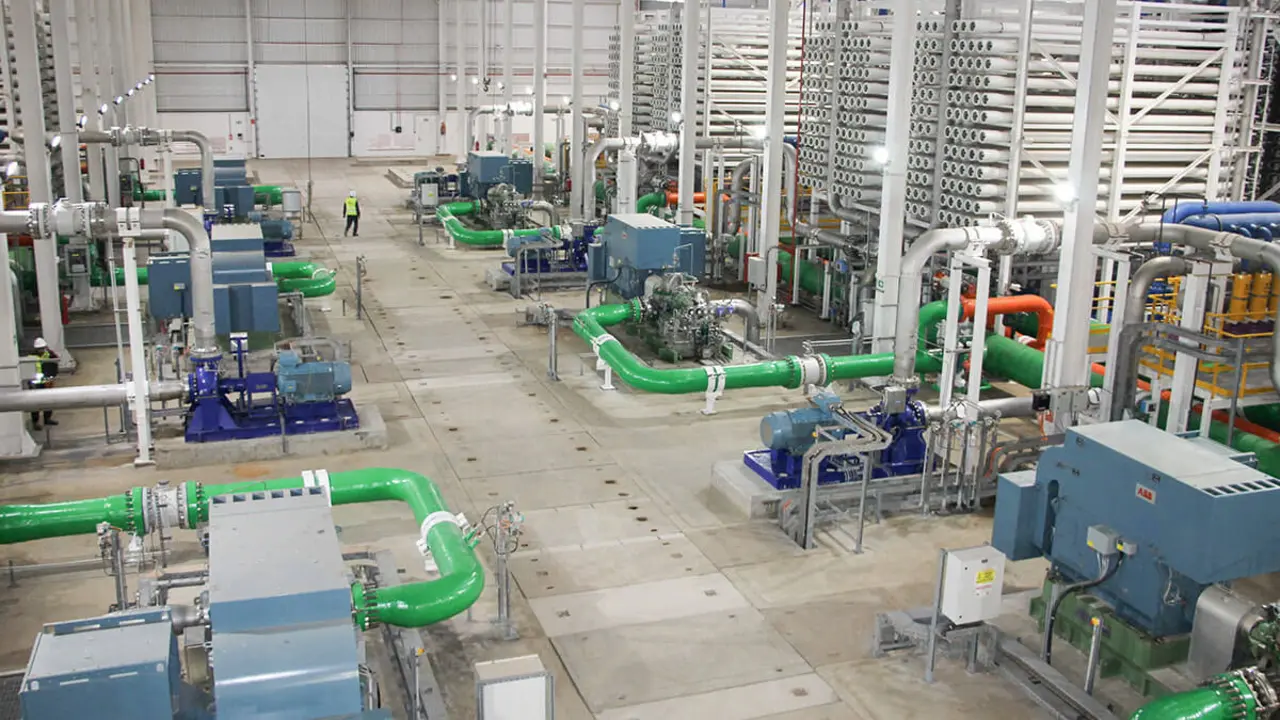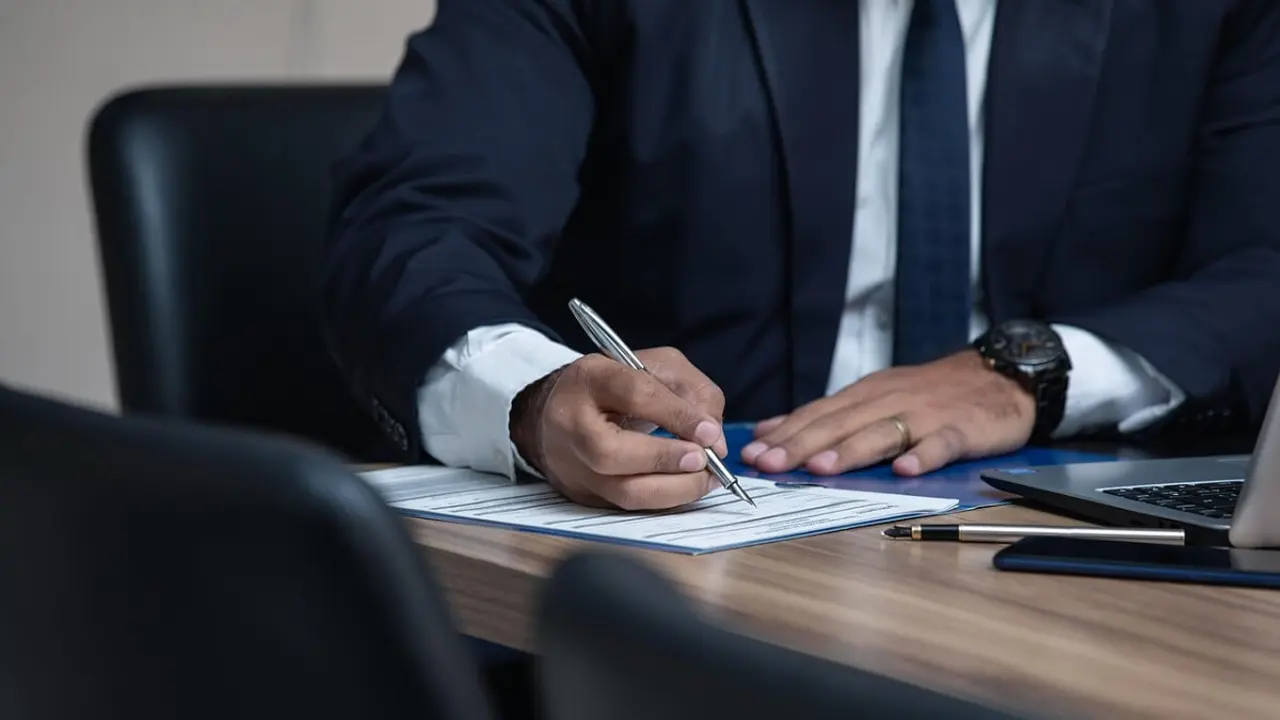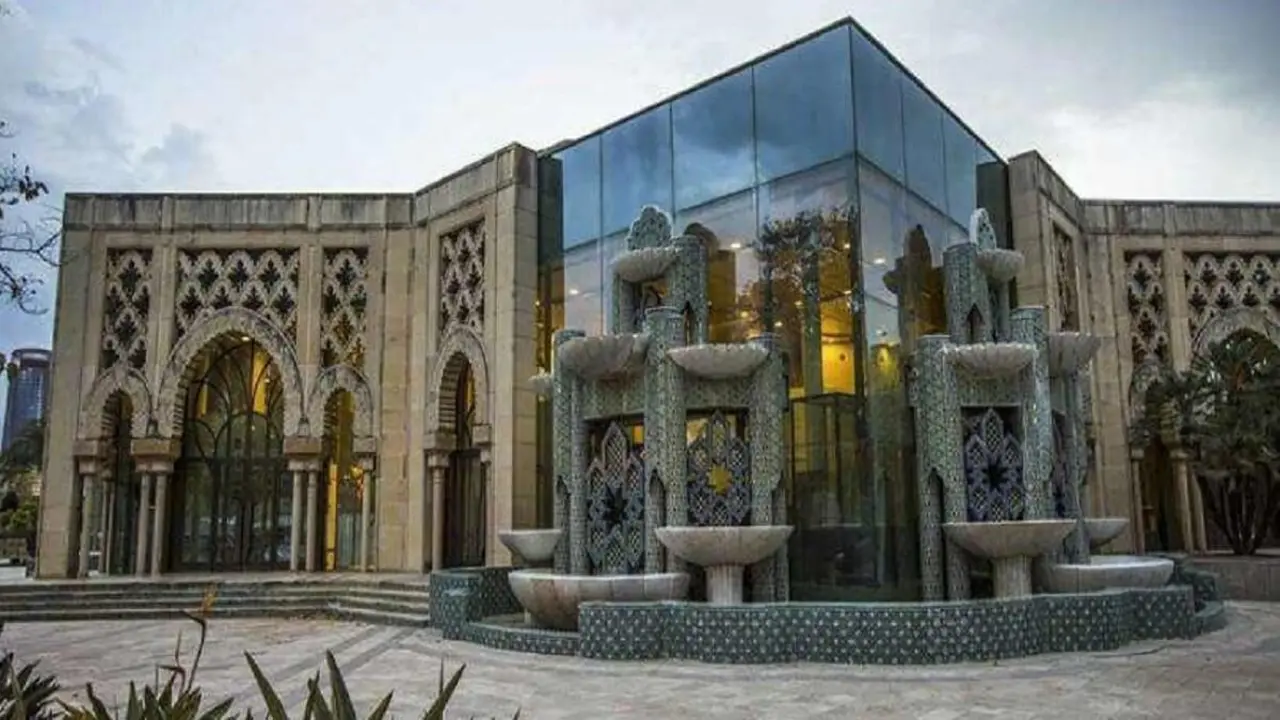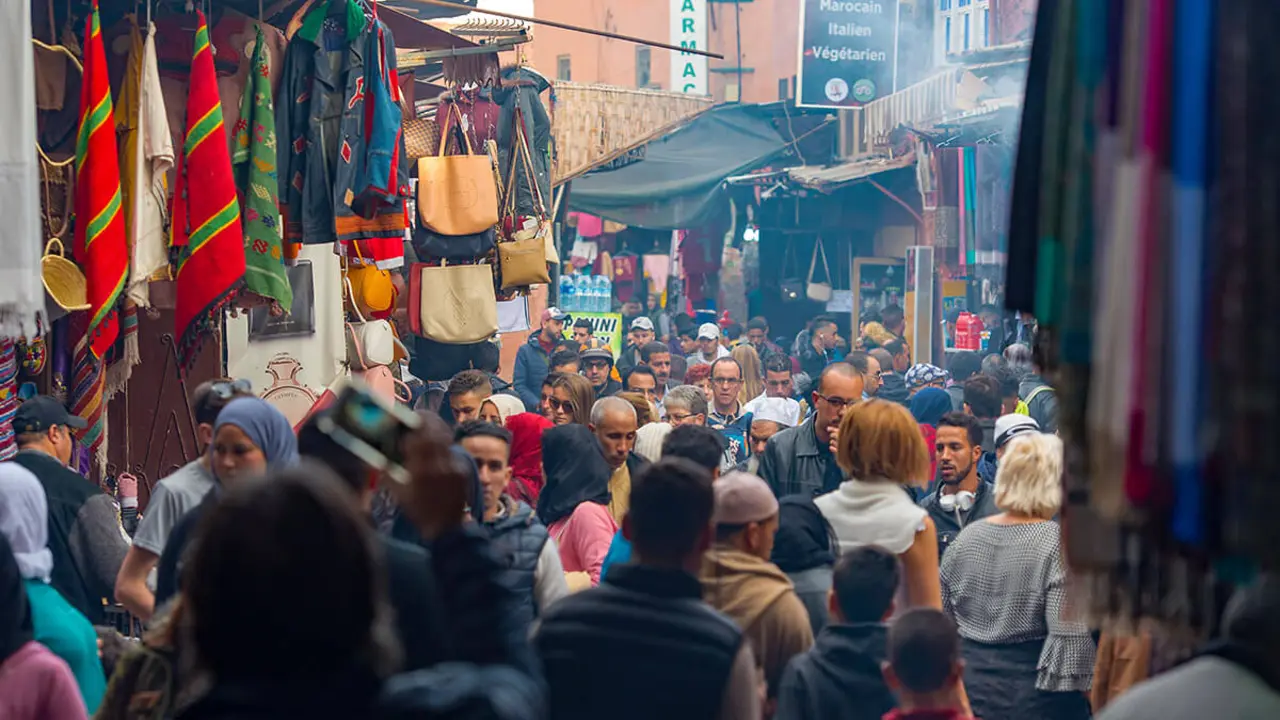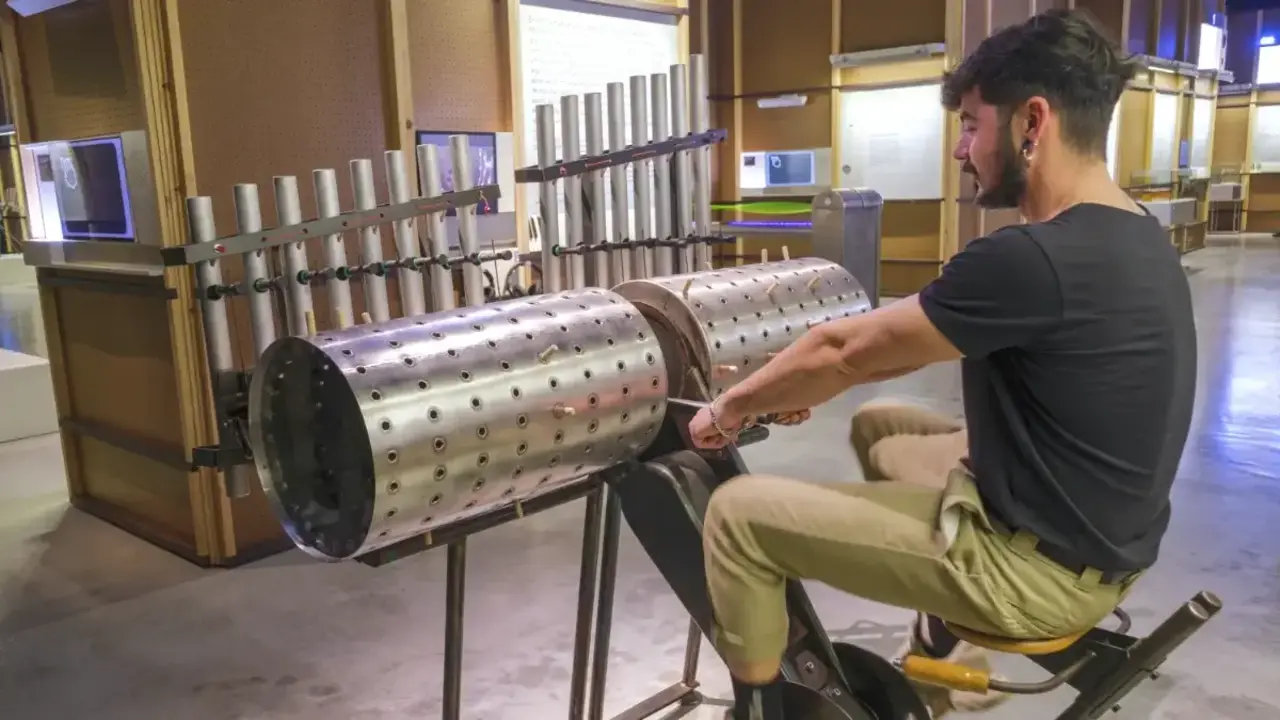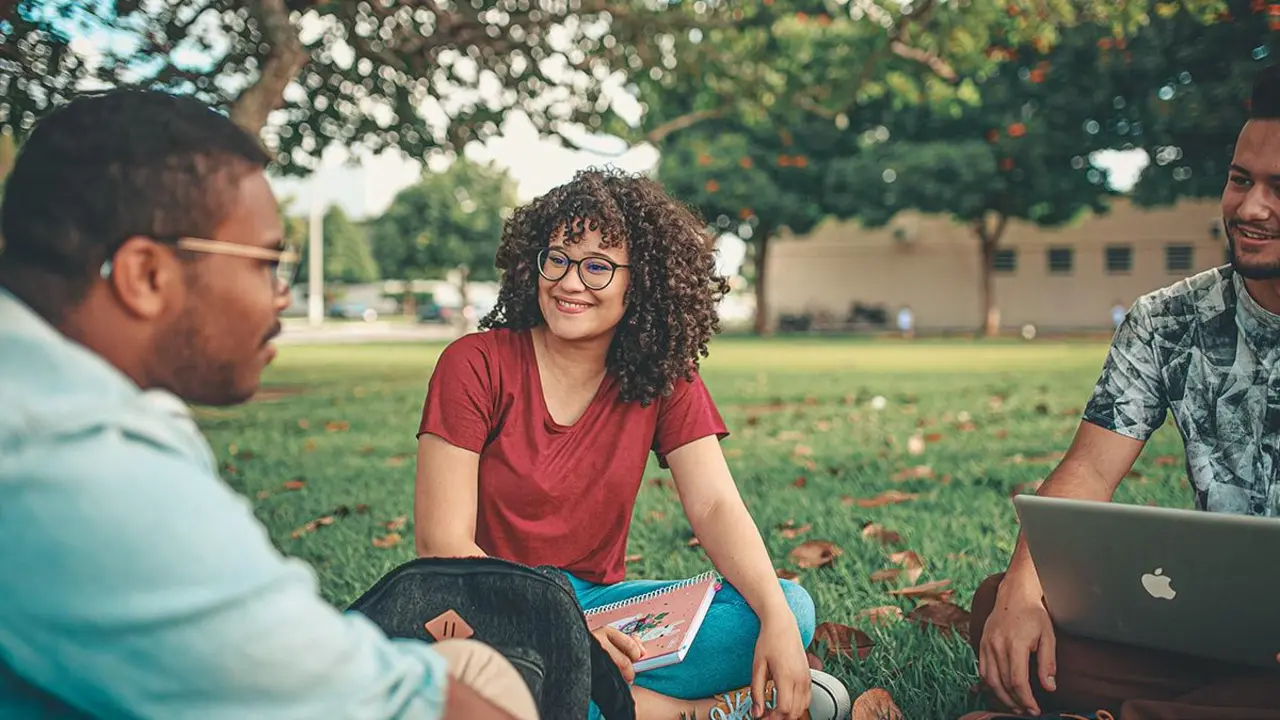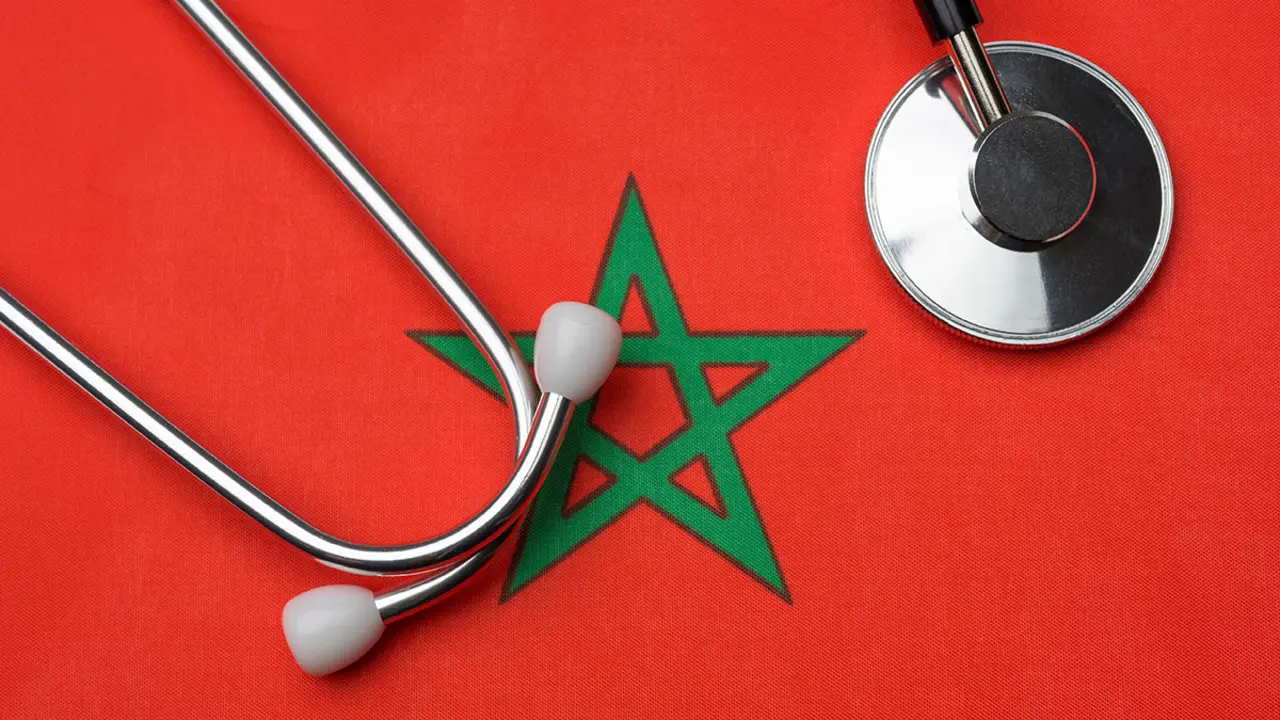Arieh Warshel: More urgent to find the drug before the "late" vaccine

Nobel Laureate in Chemistry Arieh Warshel explores the enzyme in papaya, similar to that of the coronavirus, in search of the drug against the disease, something he considers more "urgent" than a vaccine "that will take". About the after the crisis he admits in an interview with Efe to be "pessimistic" because he foresees that, after solidarity in times of crisis, survival will prevail. Not to think too much during the quarantine is what this Israeli-American expert in biochemistry advises, who won prestigious recognition with two other colleagues as pioneers in the development of computer models to predict chemical processes, which he now applies to unravel the new SARS-CoV-2 virus. He is committed to investing in science, but recognizes the limitations in anticipating the advances that would be needed in the face of a pandemic like the current one and believes that, in such a crisis, it is the speed of response that is important. Since no one listens to those who intermittently raise the alarm about "a pandemic", he believes that no one could be prepared, but he fears that once the crisis is over, the "pressure" is on to survive in the face of an economic recession.
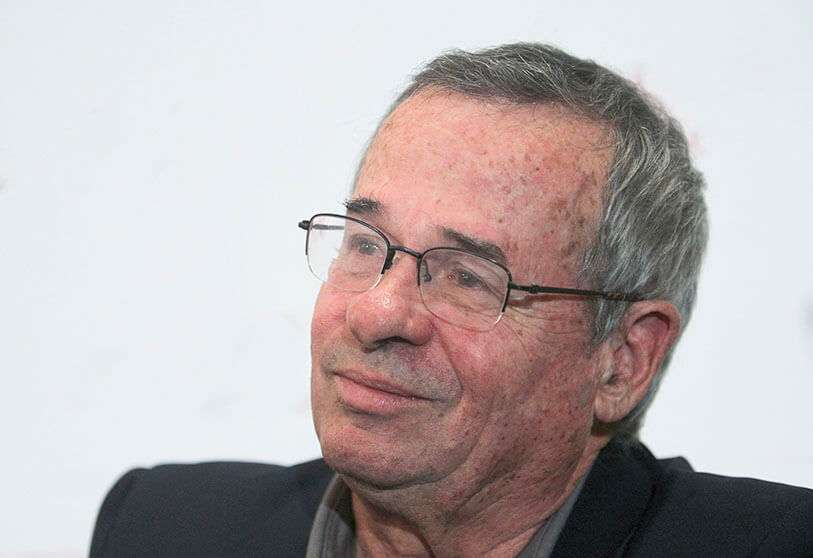
How can your specialty help you learn more about the virus and what you have discovered so far?
We have a lot of experience in modeling enzymes like papain (from papaya) which is very similar, and we examine how different drugs could bind to the specific protease of the coronavirus. We're looking for inhibitors that form a covalent bond, a real chemical bond, which means that it's more difficult to disconnect from it.
Would these discoveries lead to the vaccine?
No. One of the problems with the vaccine is the long time it takes to get it safely. The only thing we do on this subject is more academic. We try to look at the links in the virus, the receptors it accepts, and see the difference between the SARS virus and this coronavirus, which has no major differences that we can explore. I think using drugs would be very important before we have a vaccine developed. We have to push to find them.
What are you most concerned about this period?
My biggest concern is the high mortality rate among older people. The economics will come later, of course, and all the chaos from the closure of half the world. So the long-term effect could be psychological, but it really depends on how quickly we recover.
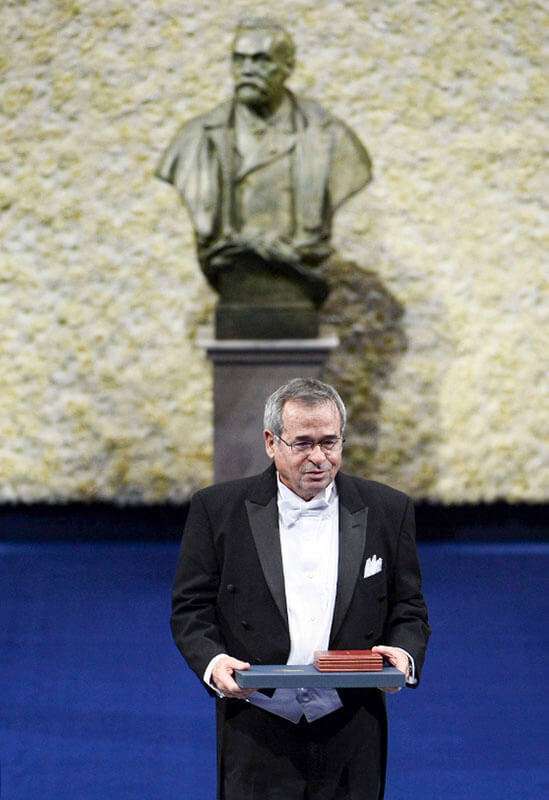 Without effective treatment or medication, should preventive measures be lifted?
Without effective treatment or medication, should preventive measures be lifted?
There is an option to do it gradually. Reduce the curfew in part of the population and follow the increase of sick people and see empirically how it works. But clearly, before we have a drug or an immunity, which will take time, it would be a mistake to lift the restrictions for older people.
Could we have been prepared in advance for such a pandemic?
We should have, but I don't think we could have. If nothing happens, the stockpile of special affairs equipment is obviously reduced. So, the question is always, after identifying the crisis, how fast is the response. There are also the cuts in hospitals and, I think it was a mistake, for example, that the United States moved production of equipment to China and left only 10%.
And will we be prepared from now on?
People do not listen to those who constantly sound the alarm that there will be a pandemic soon. It does not seem very realistic. They appear in films, but not like this, and the last one, the Spanish flu, was a hundred years ago. We need, for example, to invest more in science. But there is a limit. You can see the problems with (the study of) drug resistance, I'm working on it. There were no big developments, worldwide, medical companies didn't invest much money or effort in fighting it. Once in a while you have a new virus and the scientists know better what to do, but they are not infinitely smart. I bet you continue to invest in science, but one of the problems is that advances are decided by curiosity and you don't know exactly what will lead to the knowledge you will need next time.

What are we doing wrong and what are we doing right?
We're doing the distance right, even though it should have been introduced earlier. What we should be doing is putting more effort into protecting the clinical treatment. Governments must be very careful about the limited number of professionals. I would allow the use of experimental medicine. Some people are against it, but I think it is worth continuing to test the latest cases, and separating the tests from how effective the treatments are to try and work with the people who are sickest.
Are you one of those who think the world will change long after the coronavirus or not as much as some people anticipate?
I don't think people will become better people even with such a problem. For a while, there will be better behaviors. The world can change for the worse if there are major recessions coming, I don't think for the better, but I'm usually pessimistic. When the problem ends, the same tension will return, because there will be other pressures, such as surviving after a significant economic crisis.

